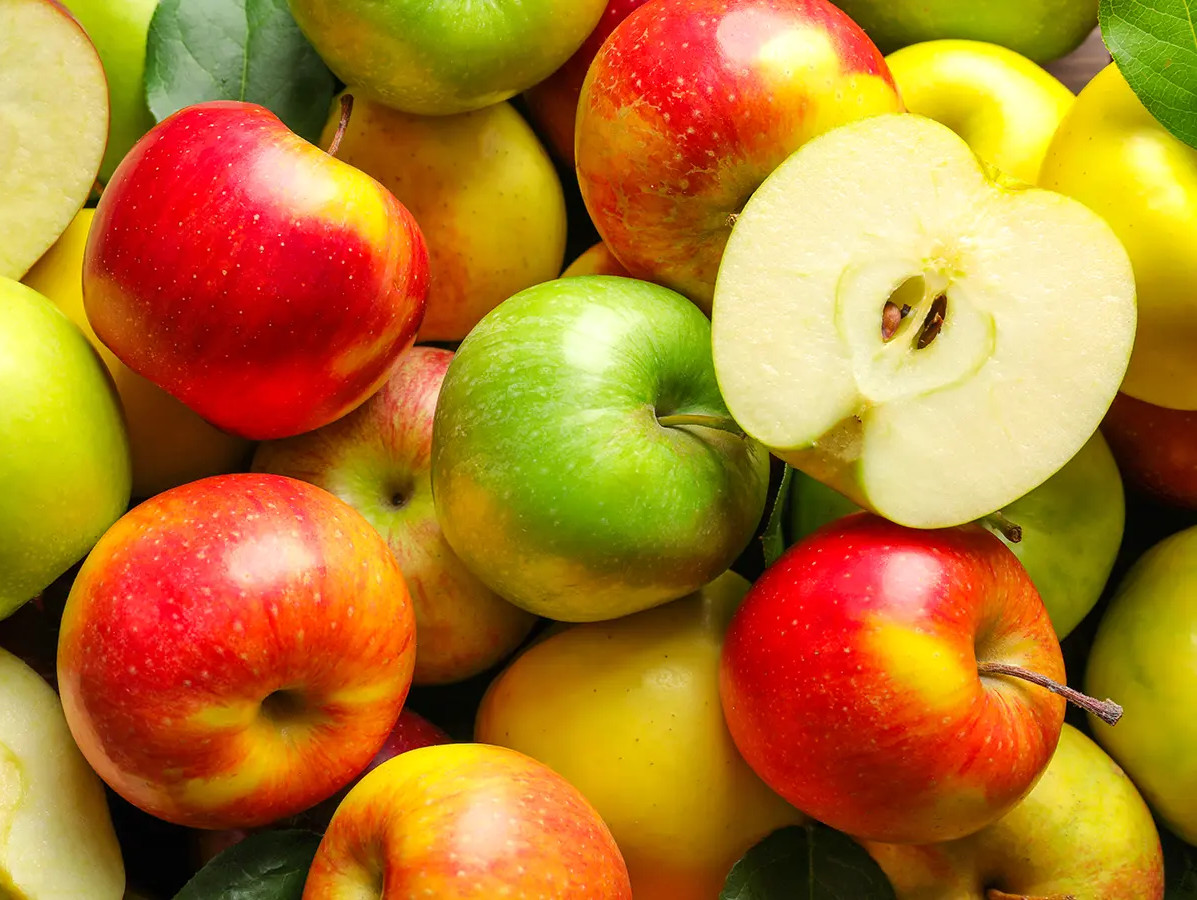
It has been a challenging year for the Dutch vegetable and fruit sector. Despite an exceptionally wet spring, the harvests of many crops have turned out reasonably well. Yields for potatoes and onions were even higher than the previous year, although crops like wheat and spinach suffered significantly due to the weather. The sector reflects on a turbulent season, with weather conditions playing a decisive role.
Tony van Rossum, owner of the De Haarse Gaard farm shop in Haarzuilens, experienced firsthand the impact of the wet spring on fruit cultivation. “The rainy season started as early as October and lasted until June, resulting in an early and prolonged blooming period,” he explains. This affected the quality of apples, although the total apple harvest was solid. Pear yields, however, were lower, reaching only around 80 percent of the usual output. Nationally, the pear harvest was about 10 percent lower, with growers in southern Netherlands and southern Europe facing additional setbacks due to missed spraying opportunities.
According to the Dutch Association of the Vegetable and Fruit Processing Industry, favorable summer months provided a welcome reprieve. Many crops were able to recover and develop well, though a few spring crops, such as red cabbage, lagged behind. The potato harvest, initially under pressure from water mold and heavy rainfall in spring, managed to rebound. Preliminary estimates from CBS show a 7 percent increase in yield compared to the previous year, despite delayed planting.
While some crops, like wheat and spinach, experienced a significant decline, the sector as a whole succeeded in limiting losses. However, the industry remains reliant on favorable weather conditions to ensure stable yields in the future.
Source: RTV Utrecht